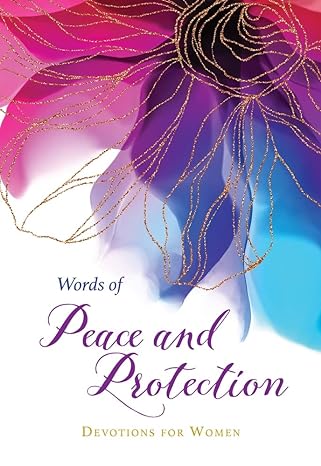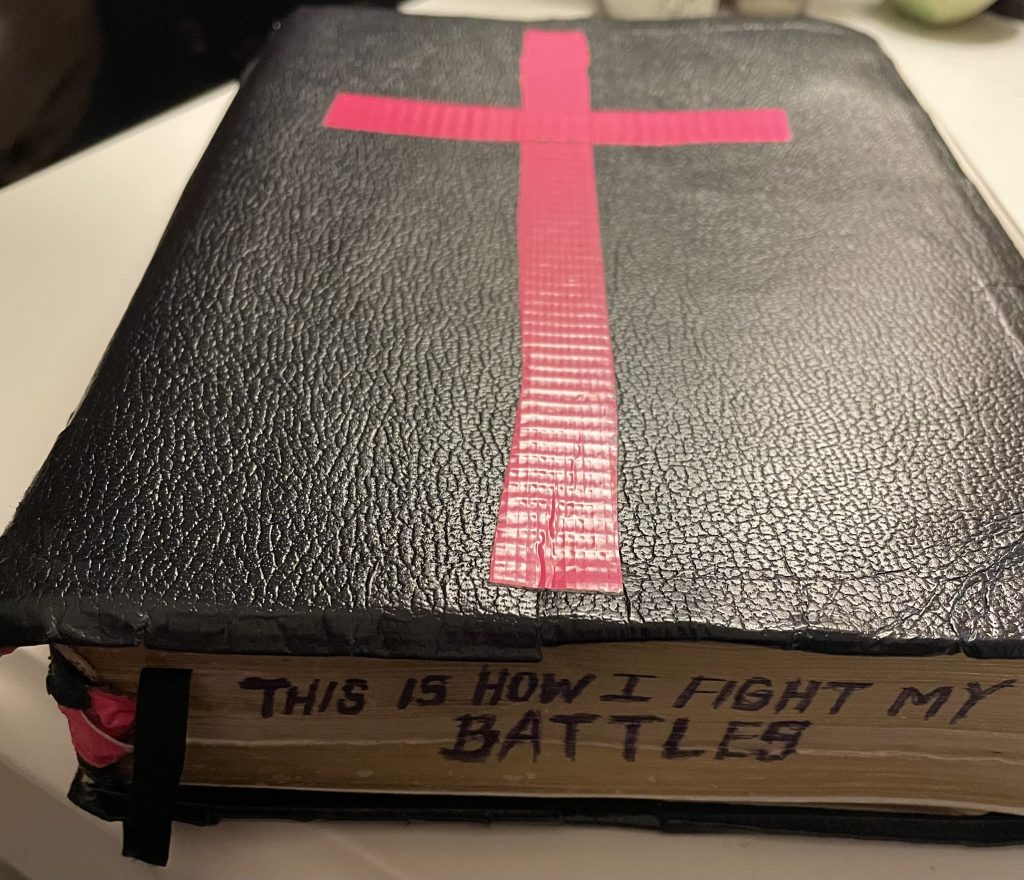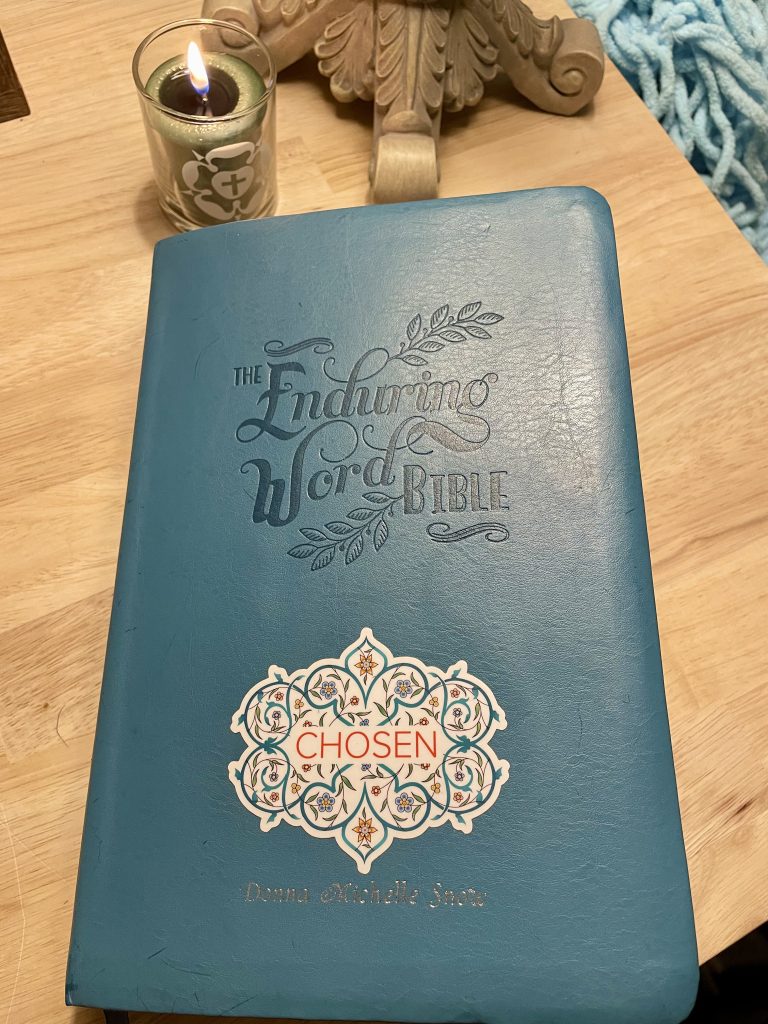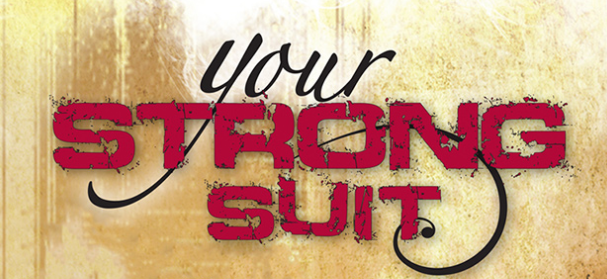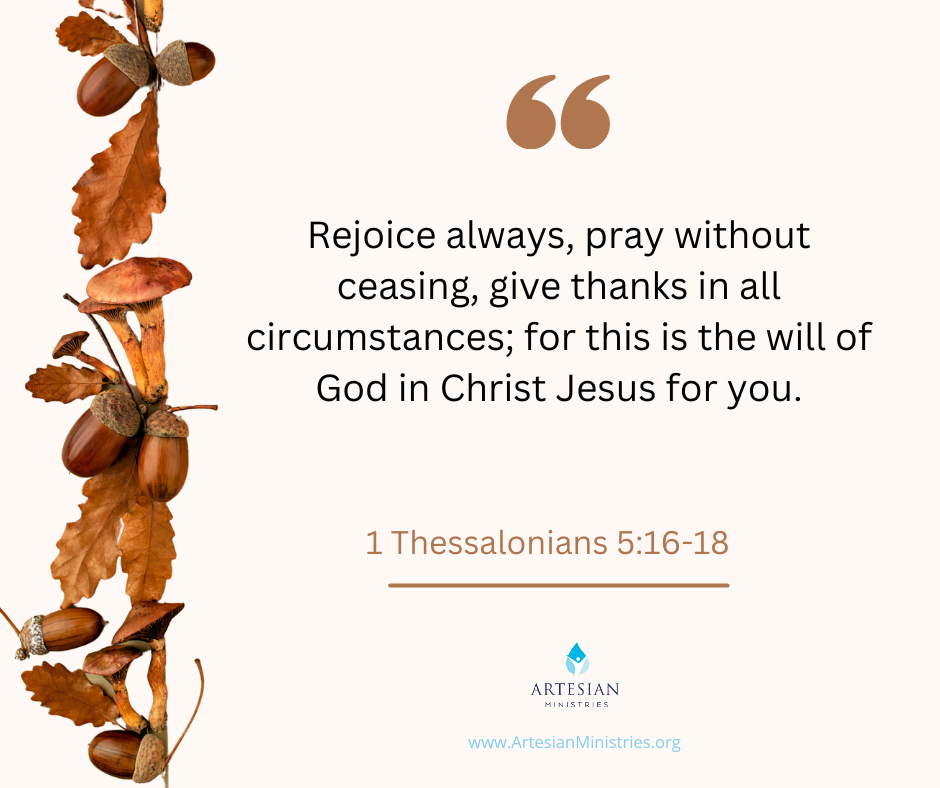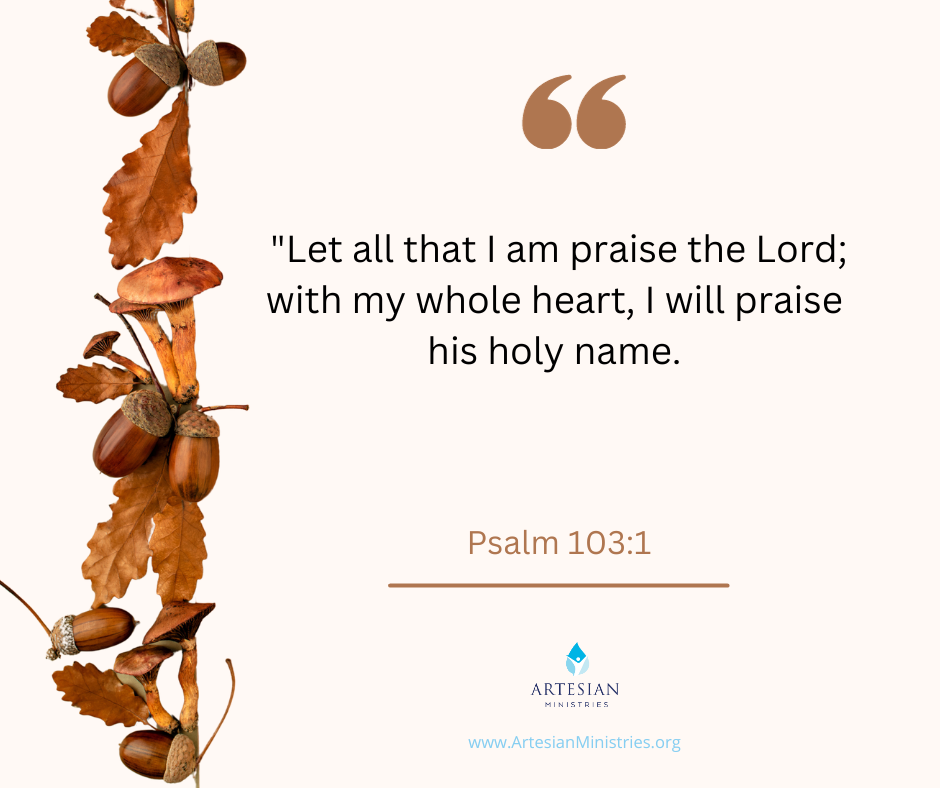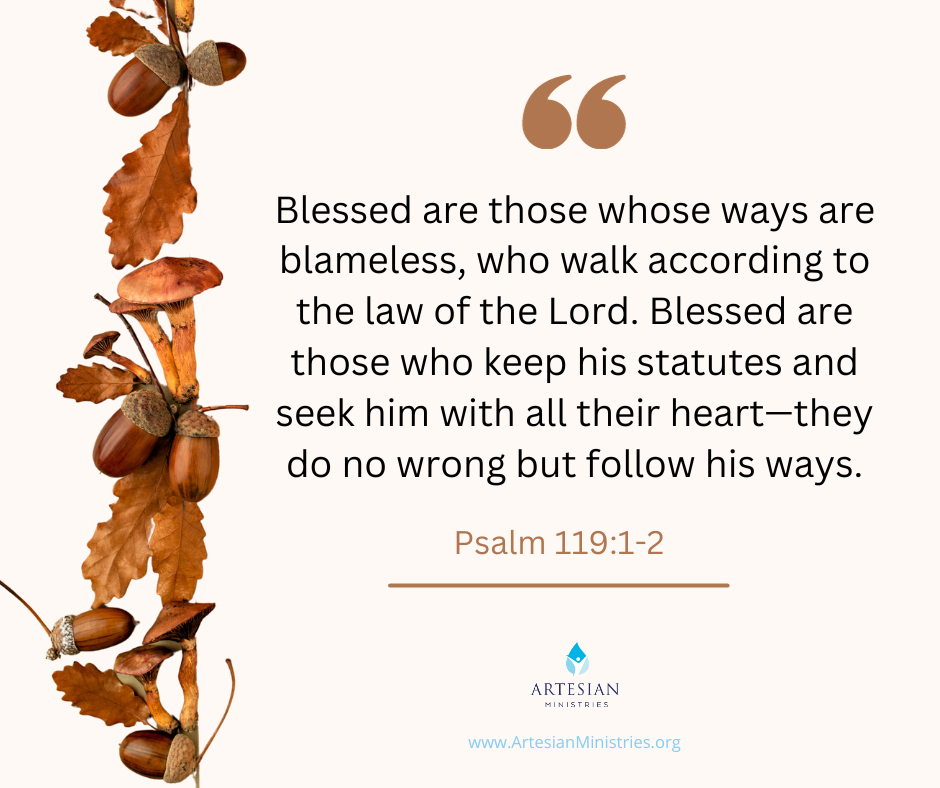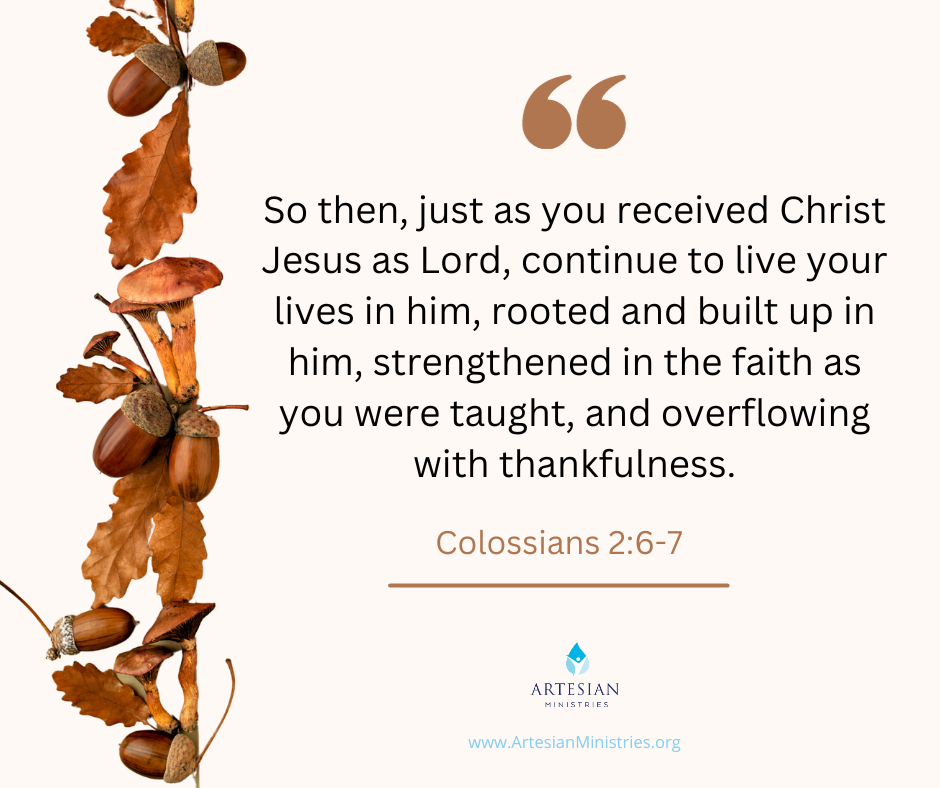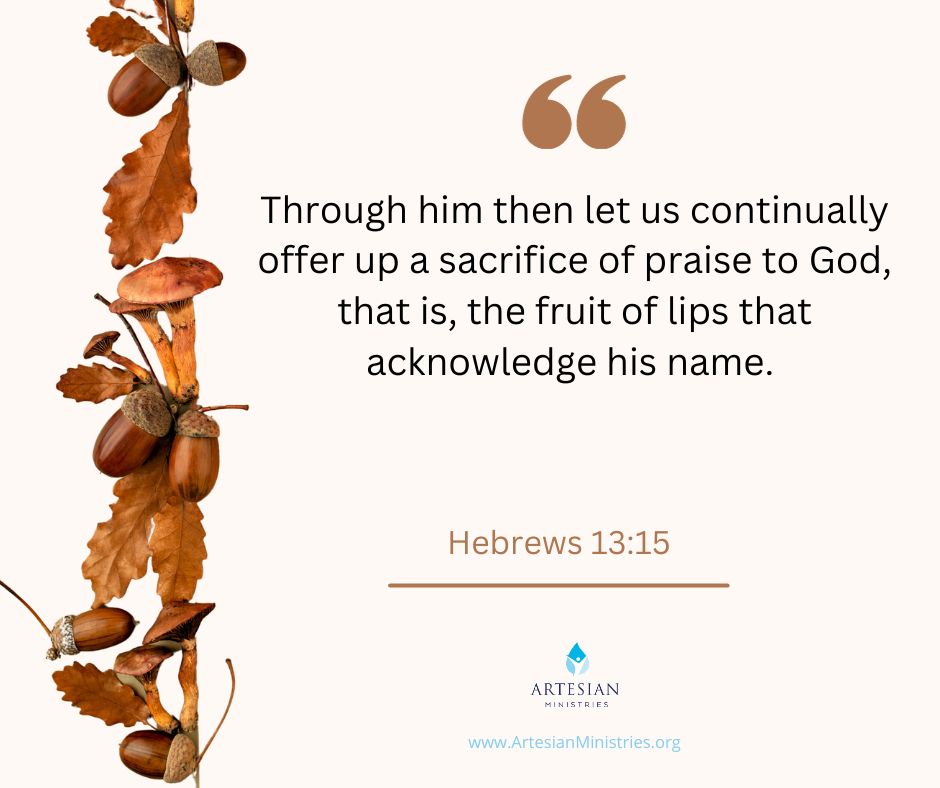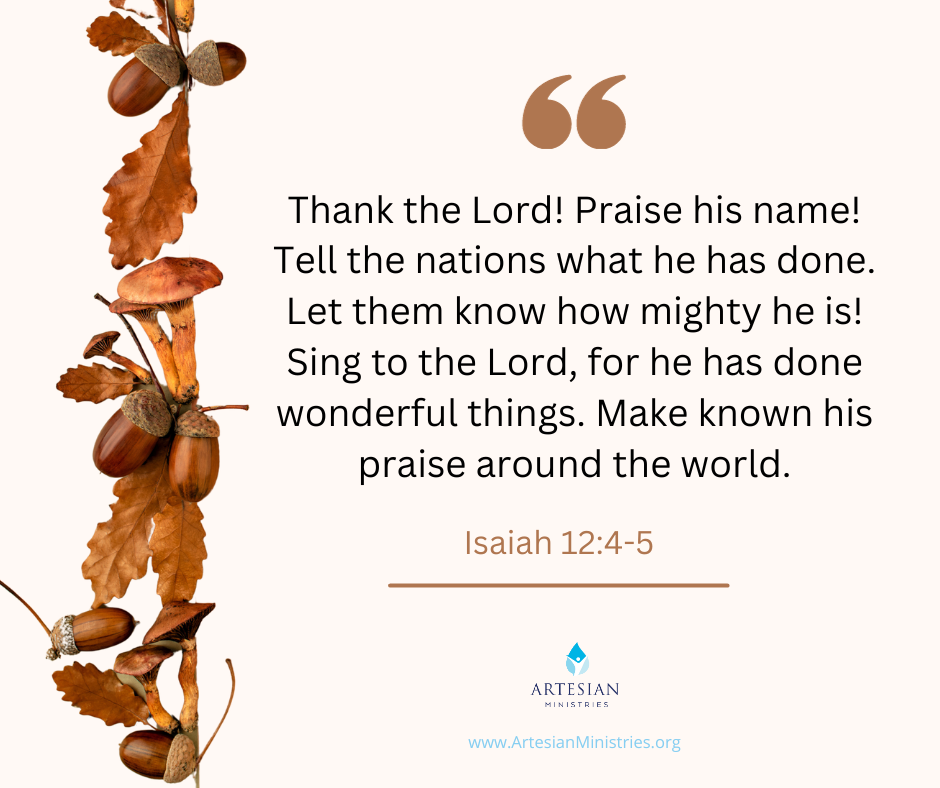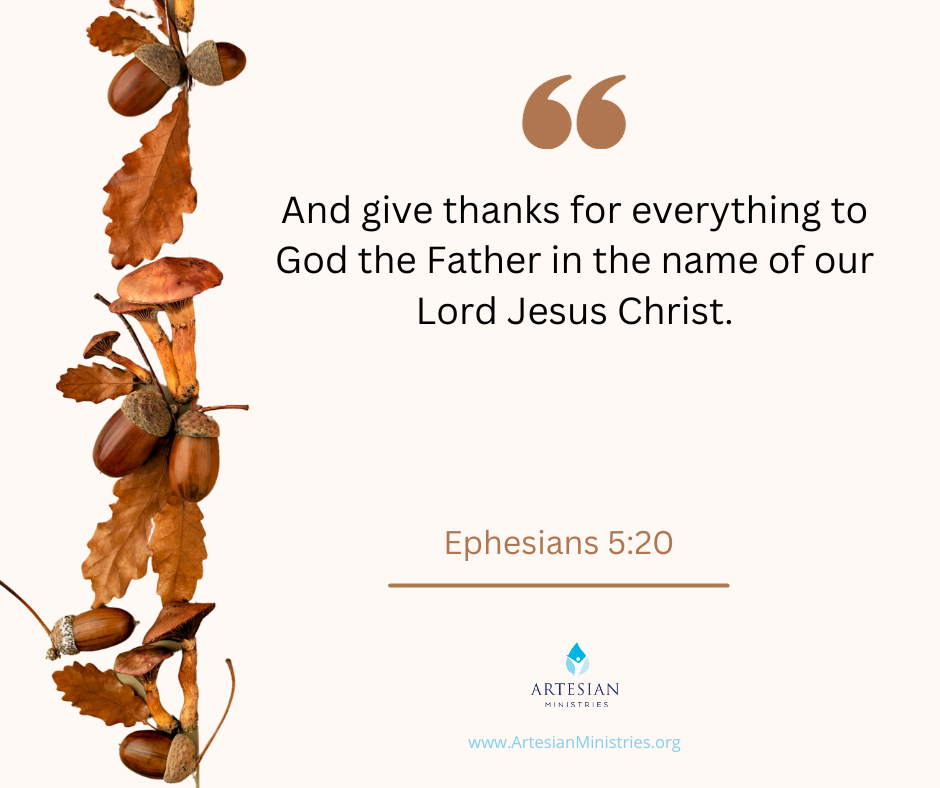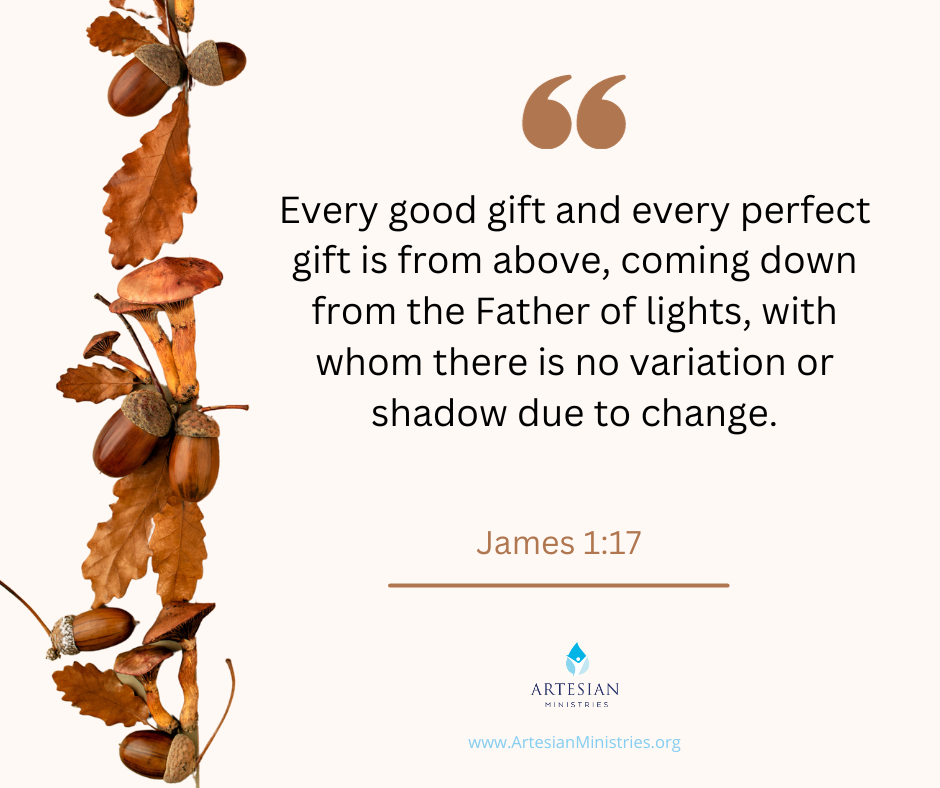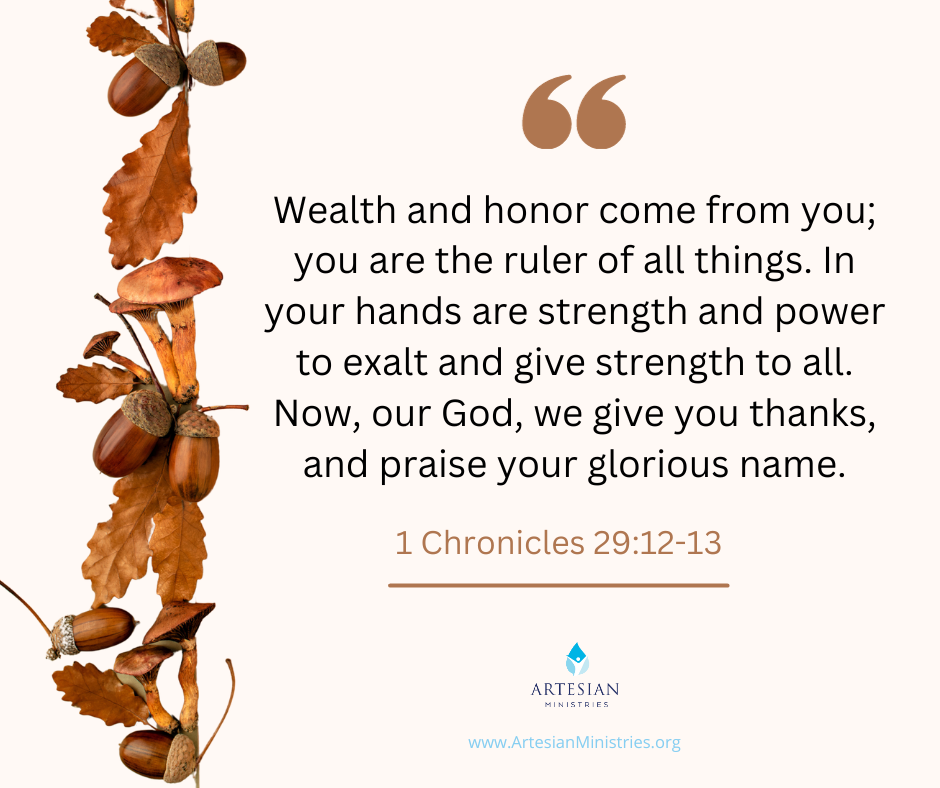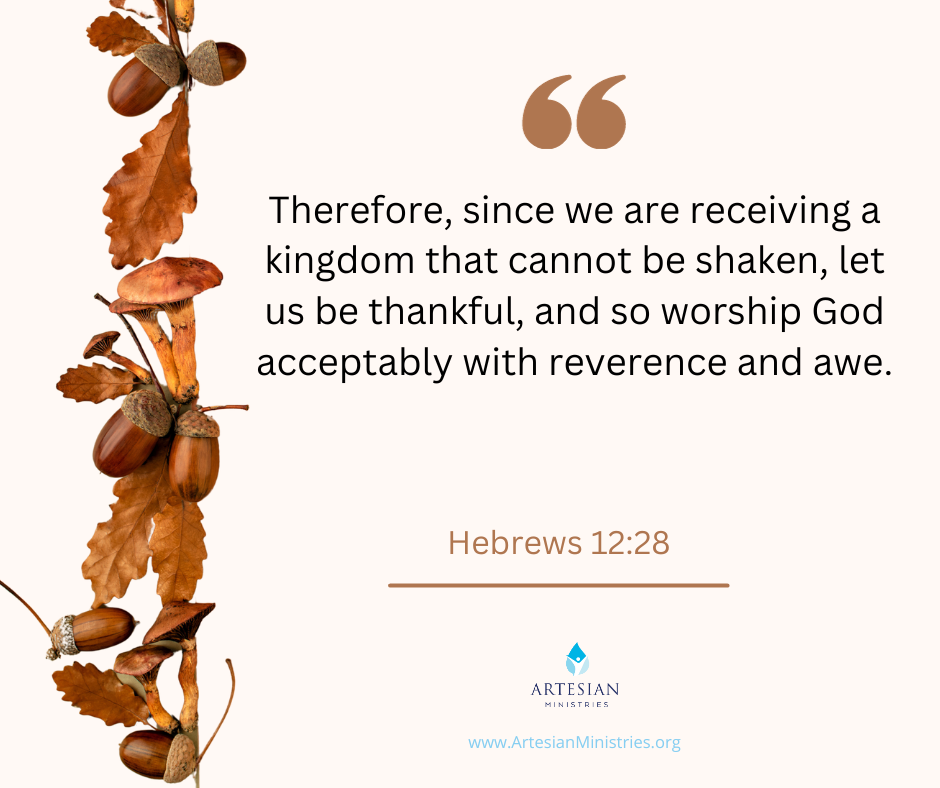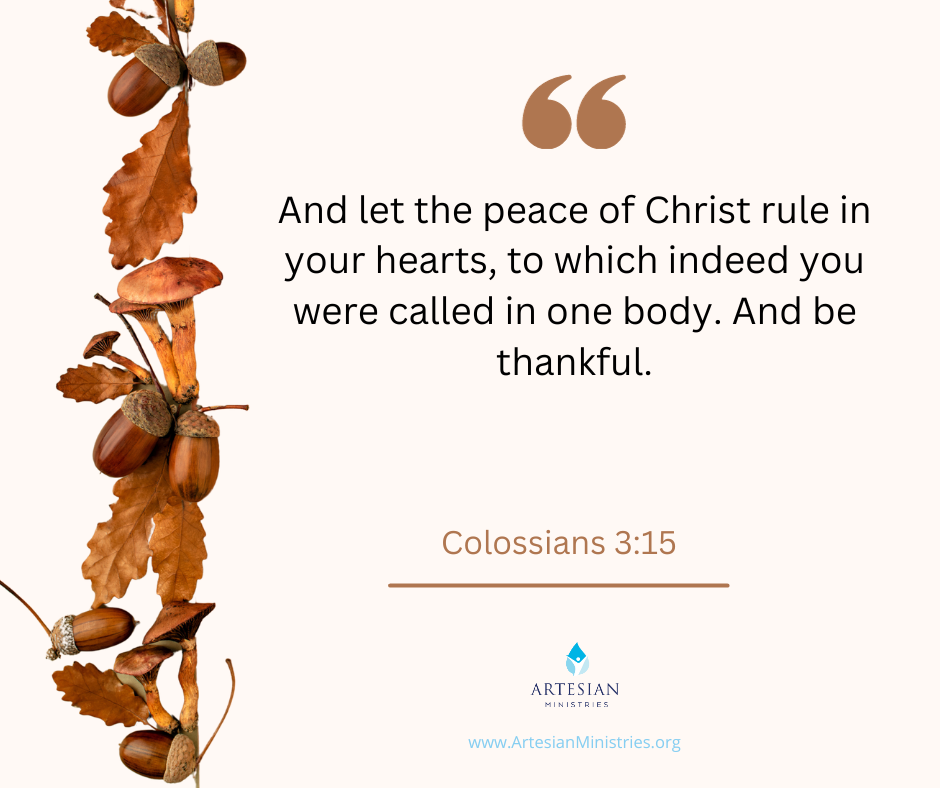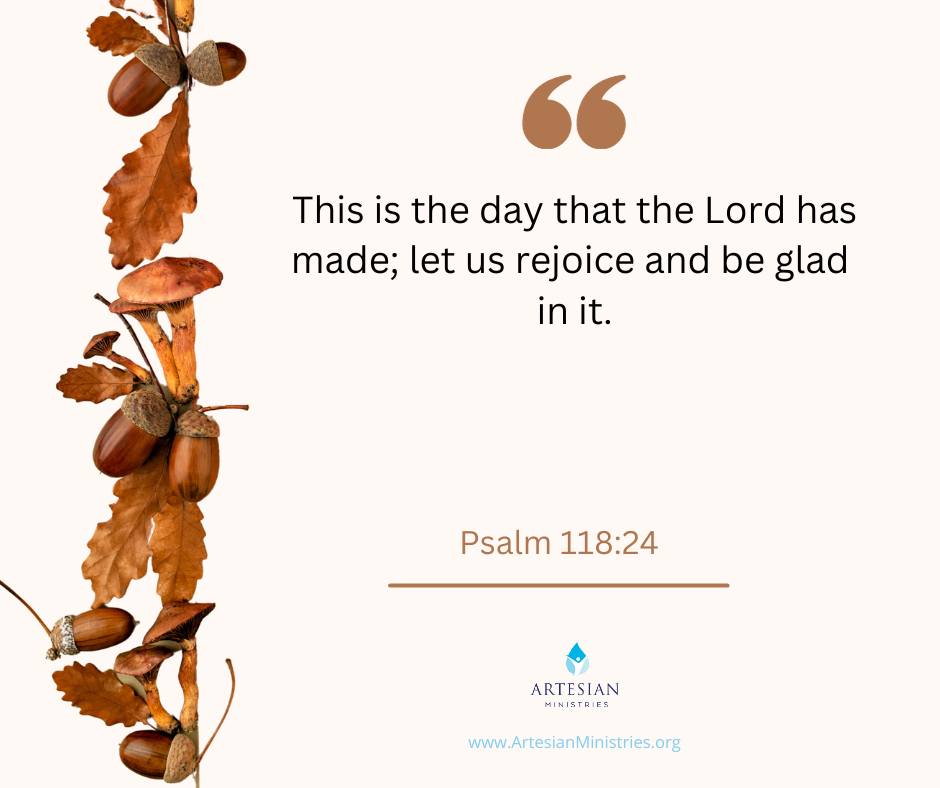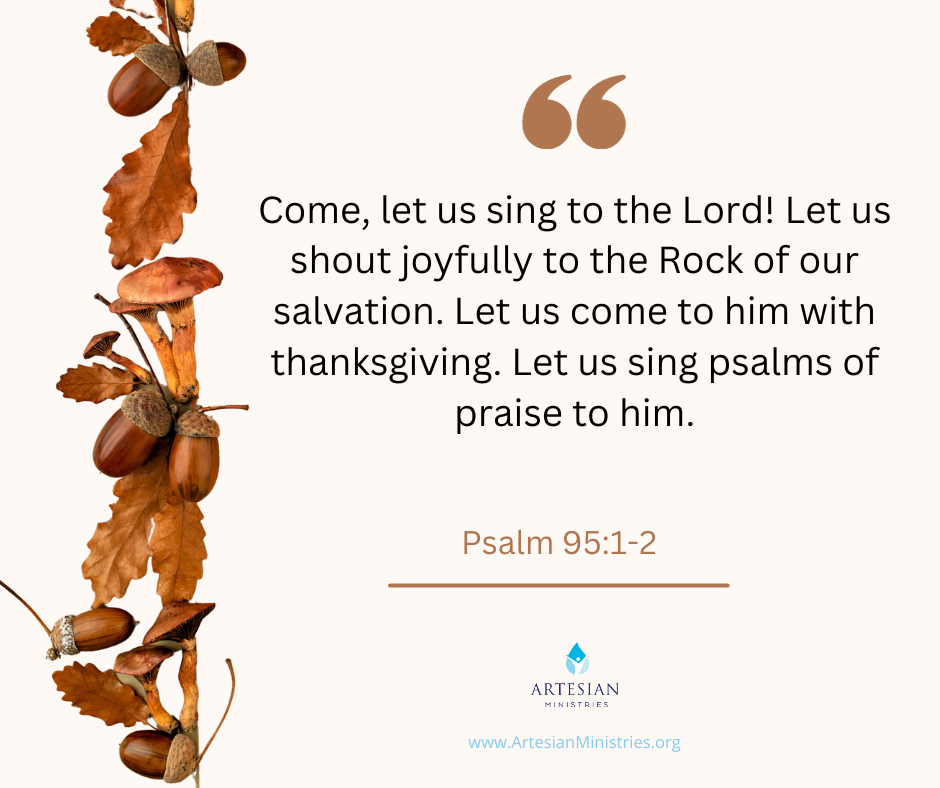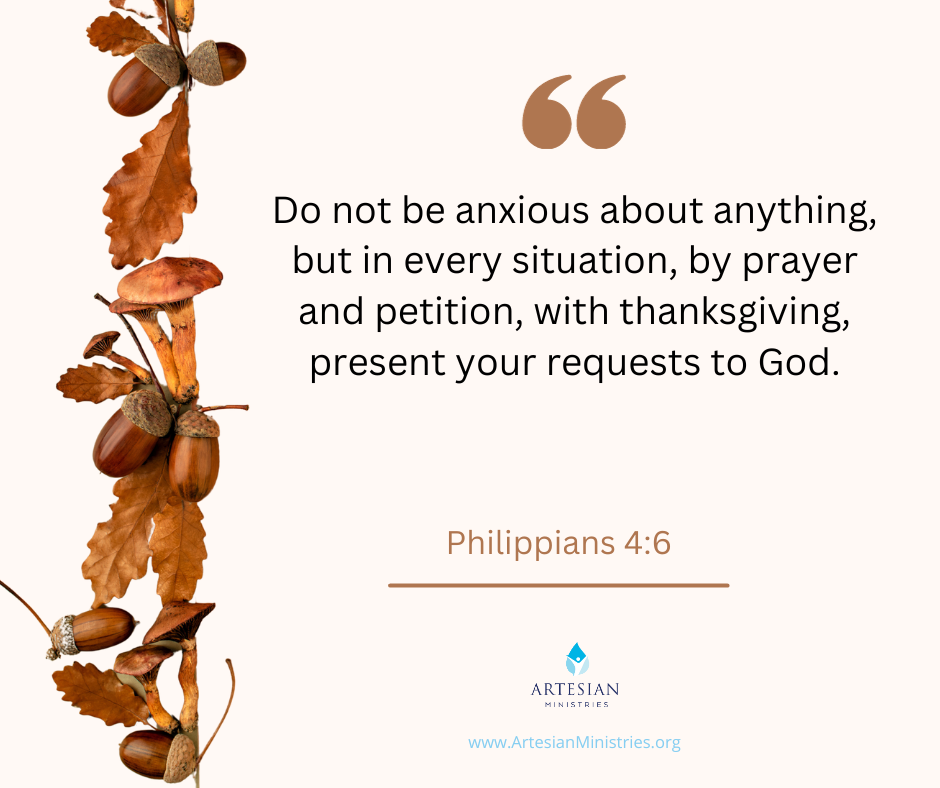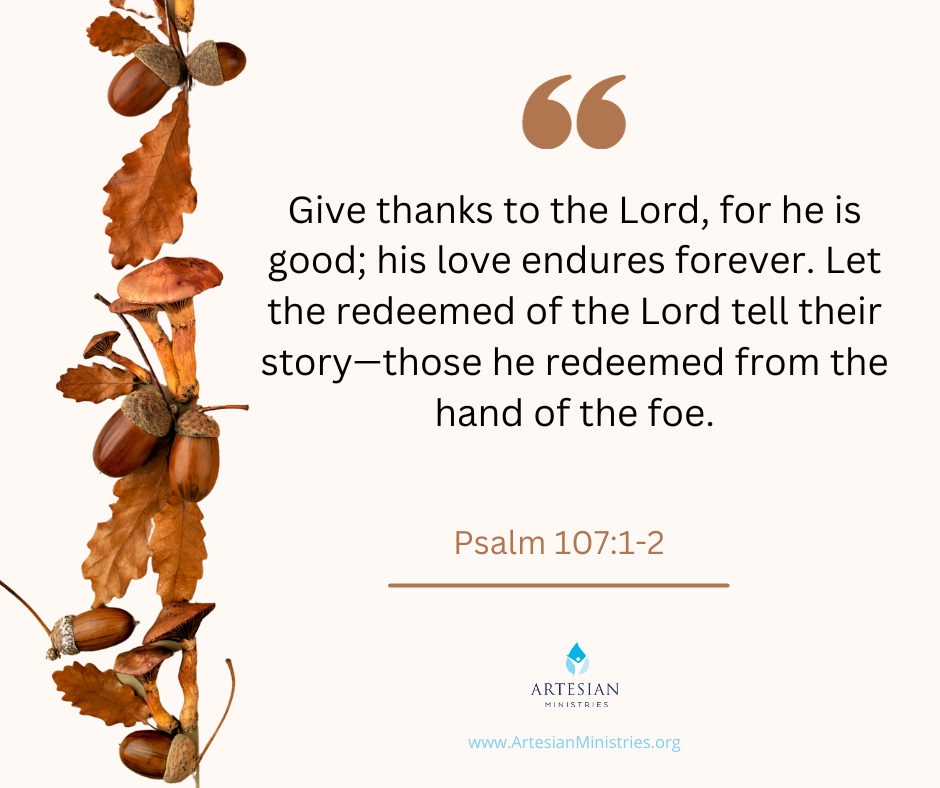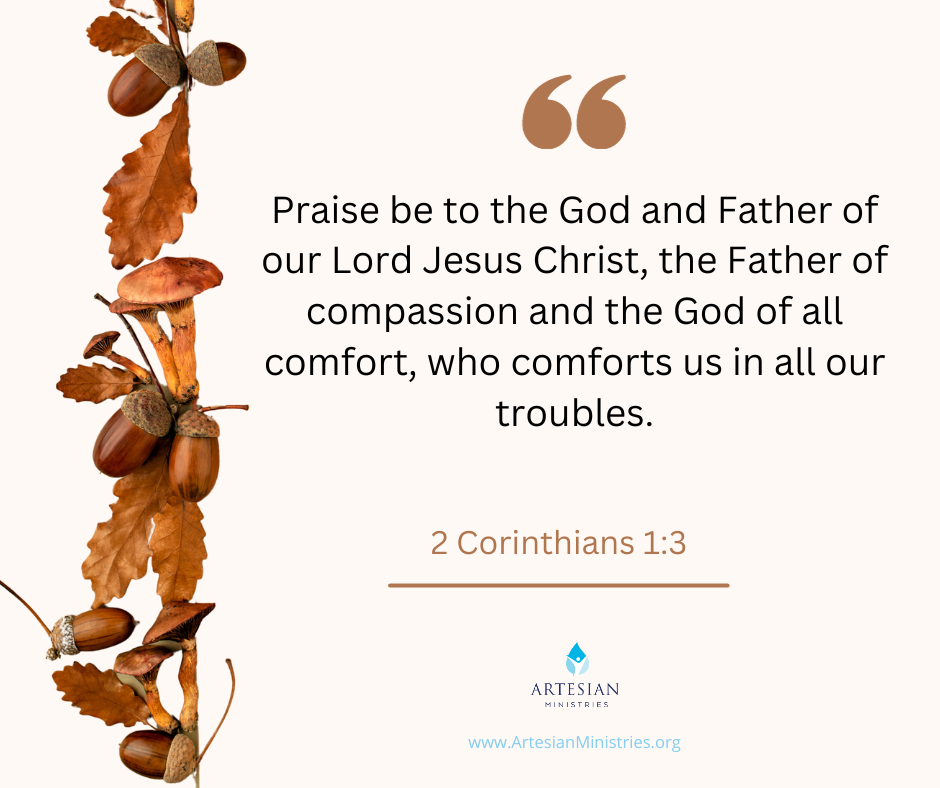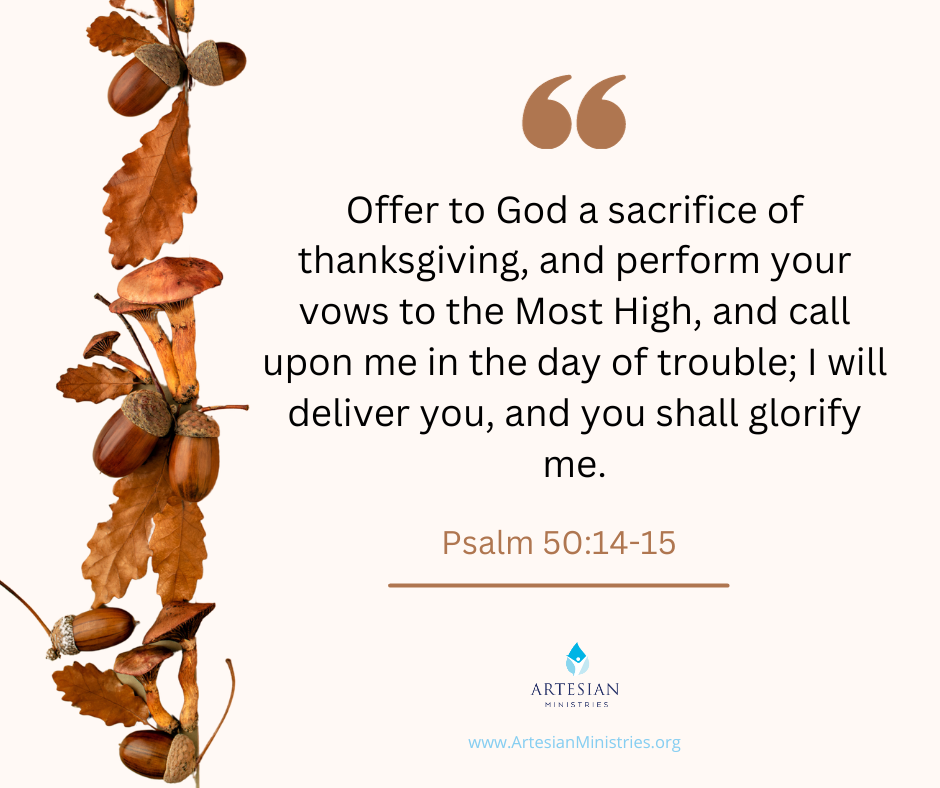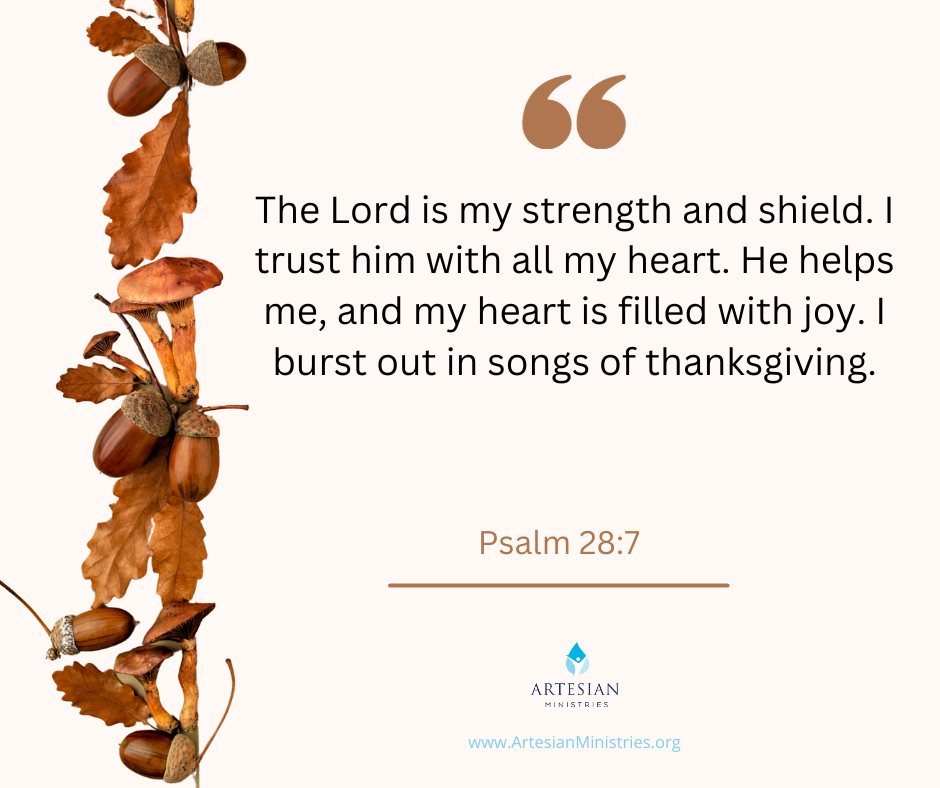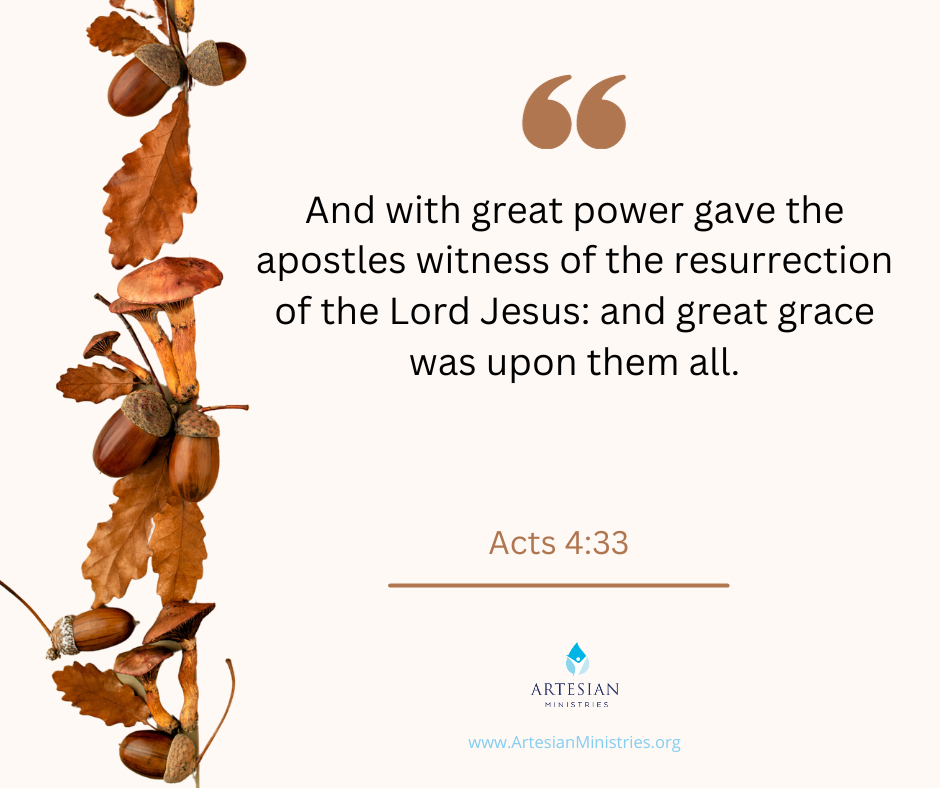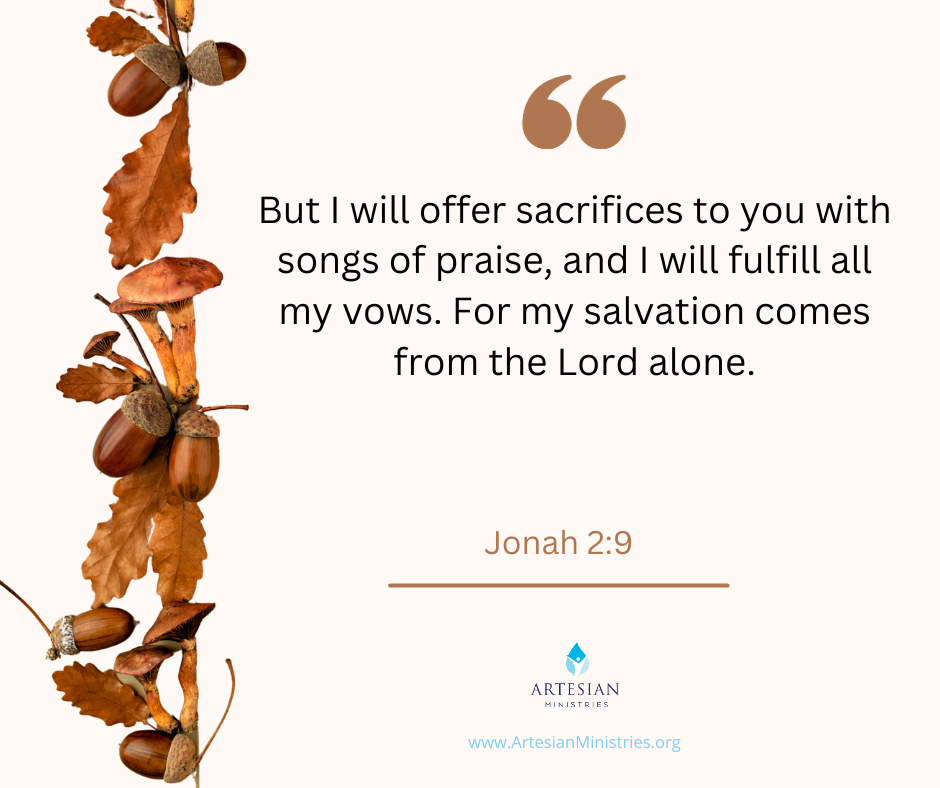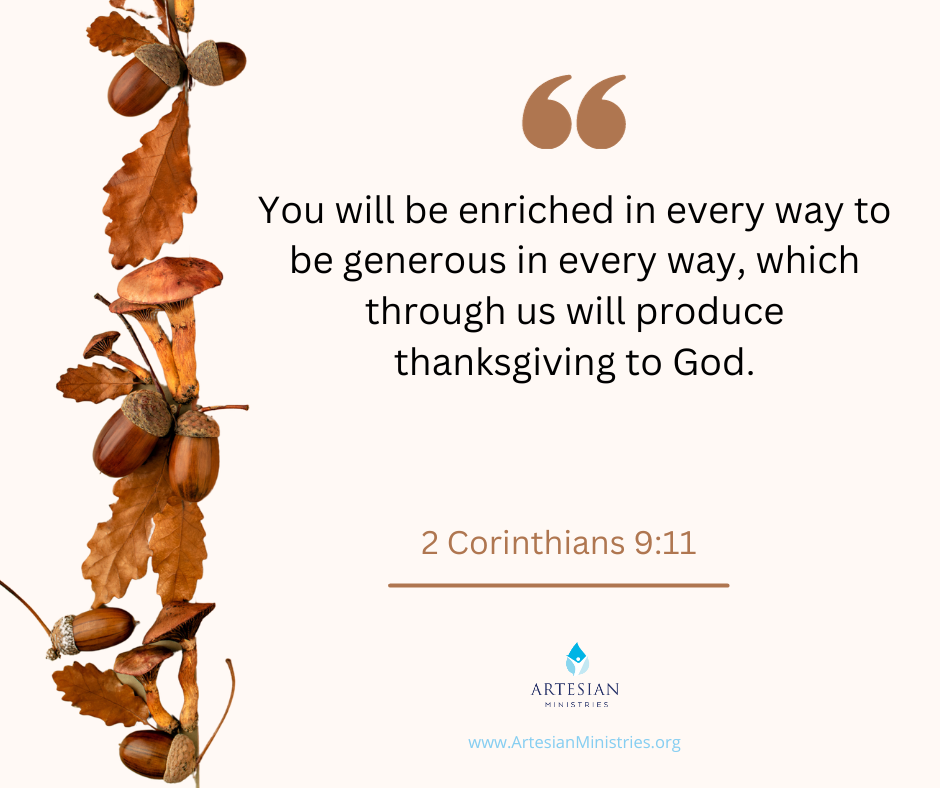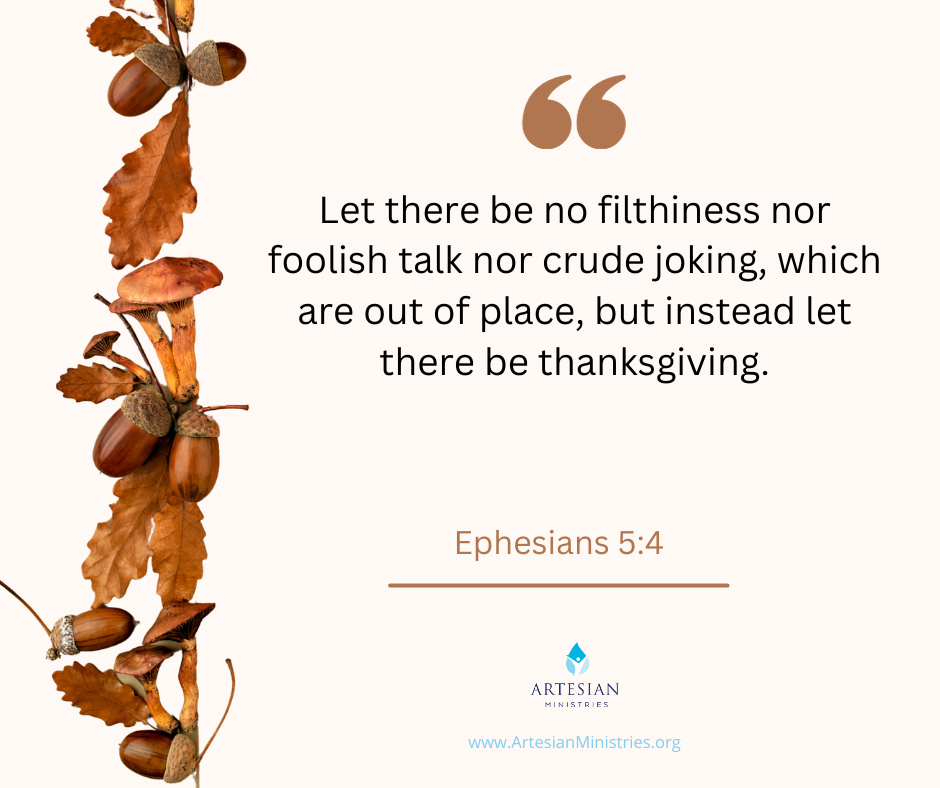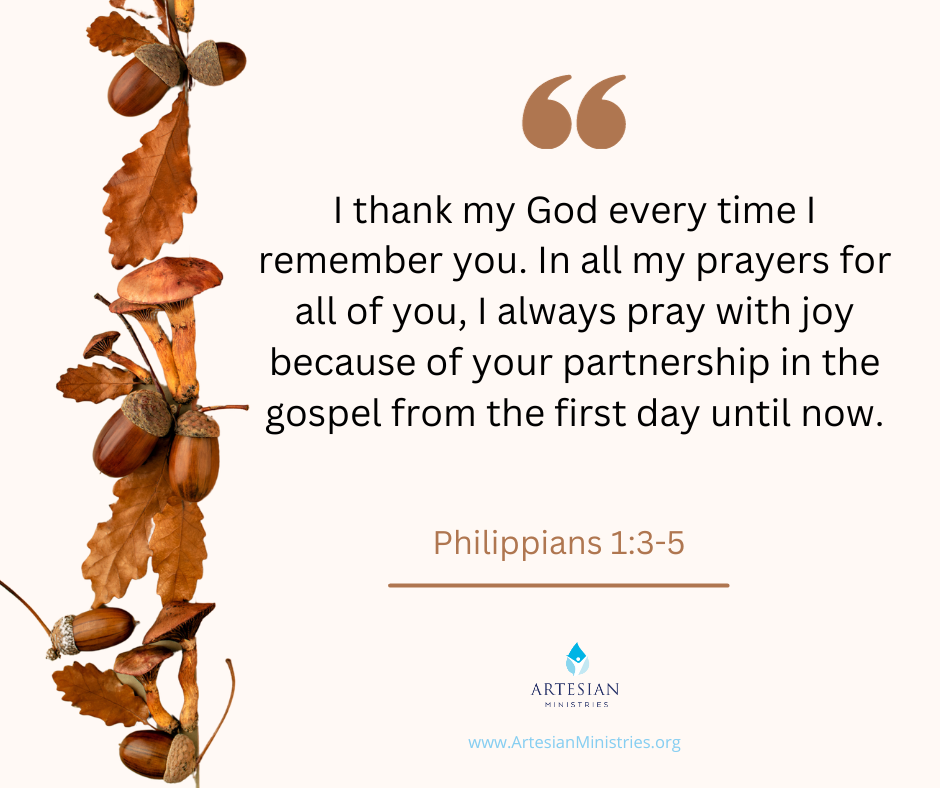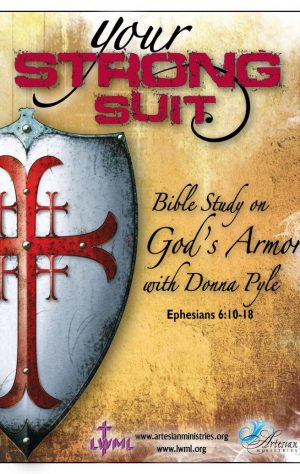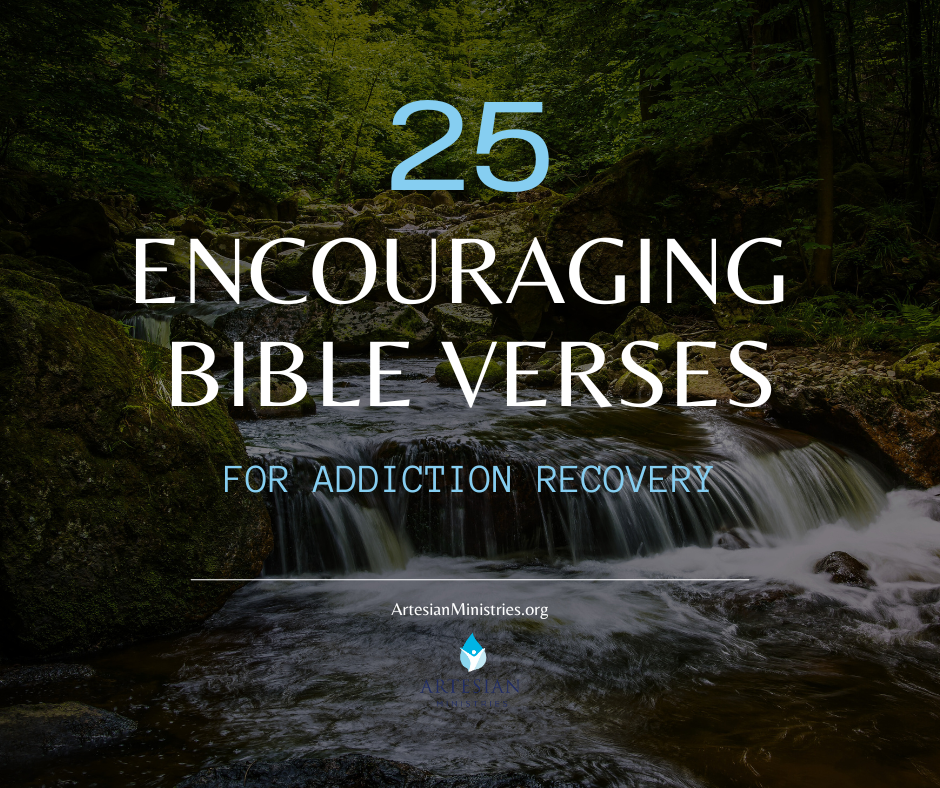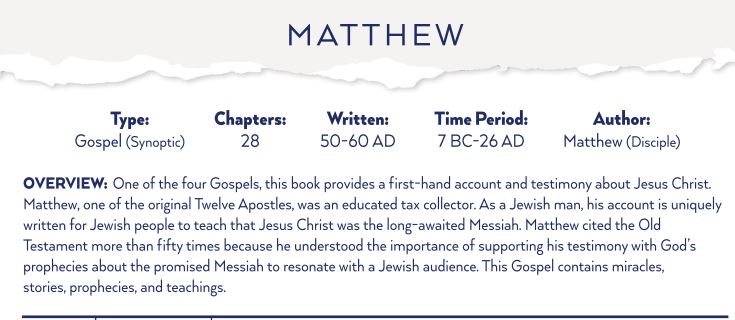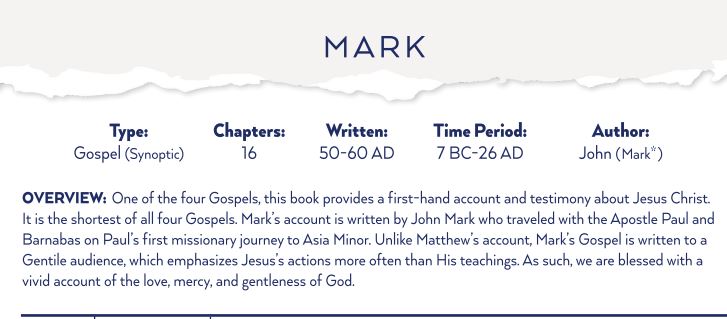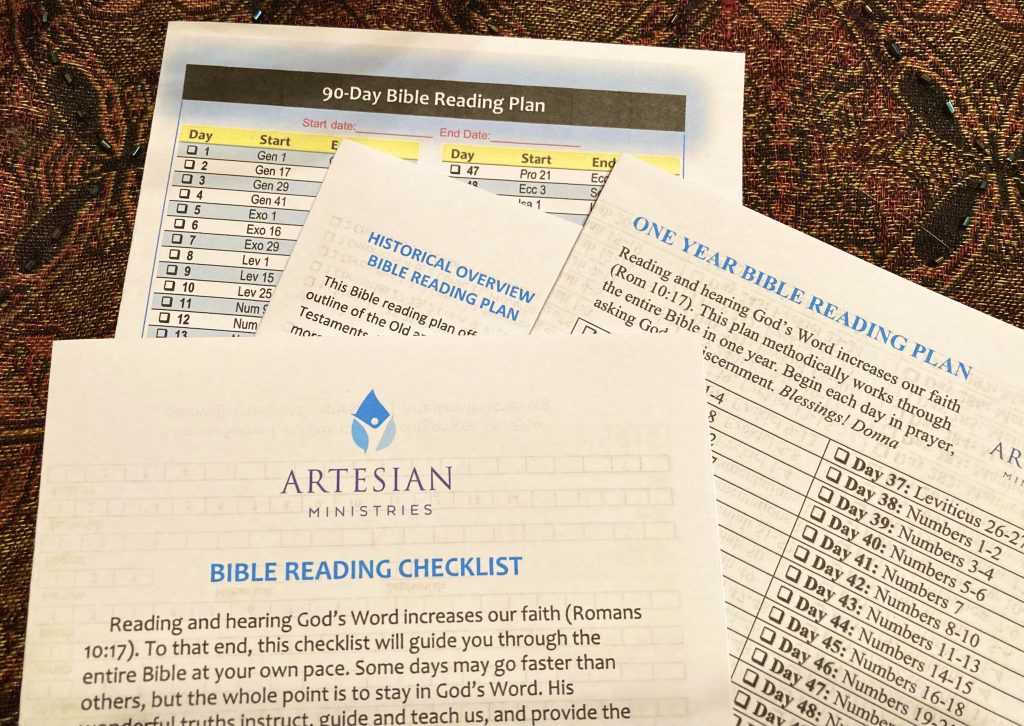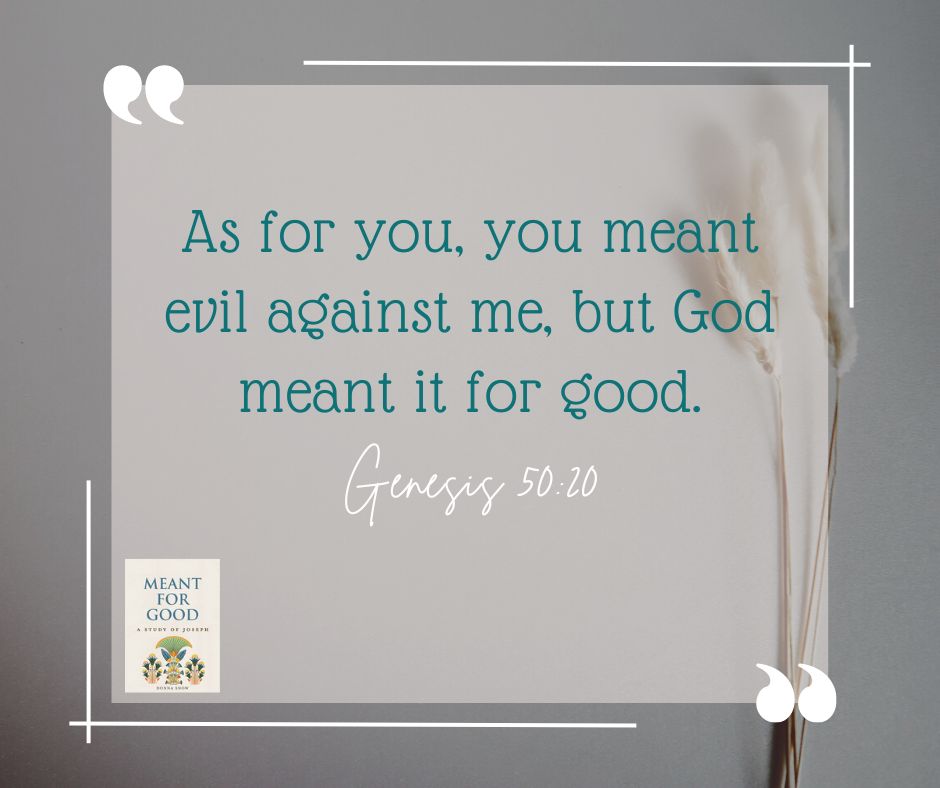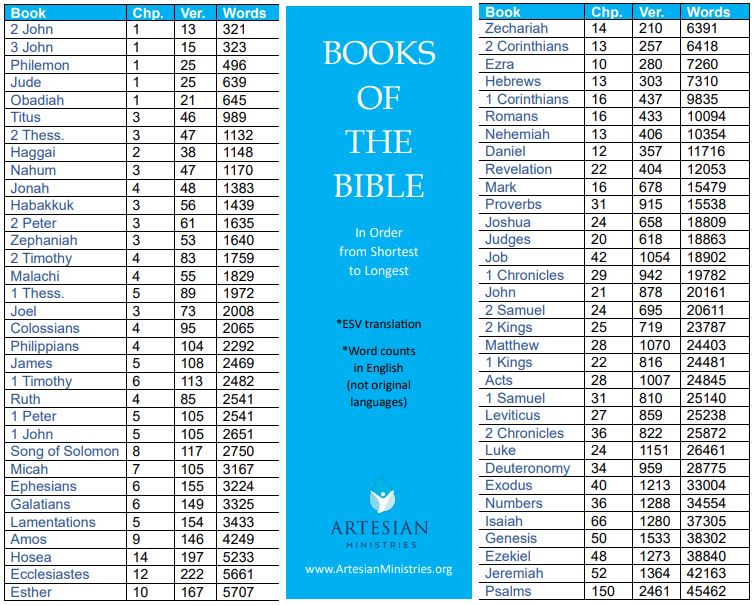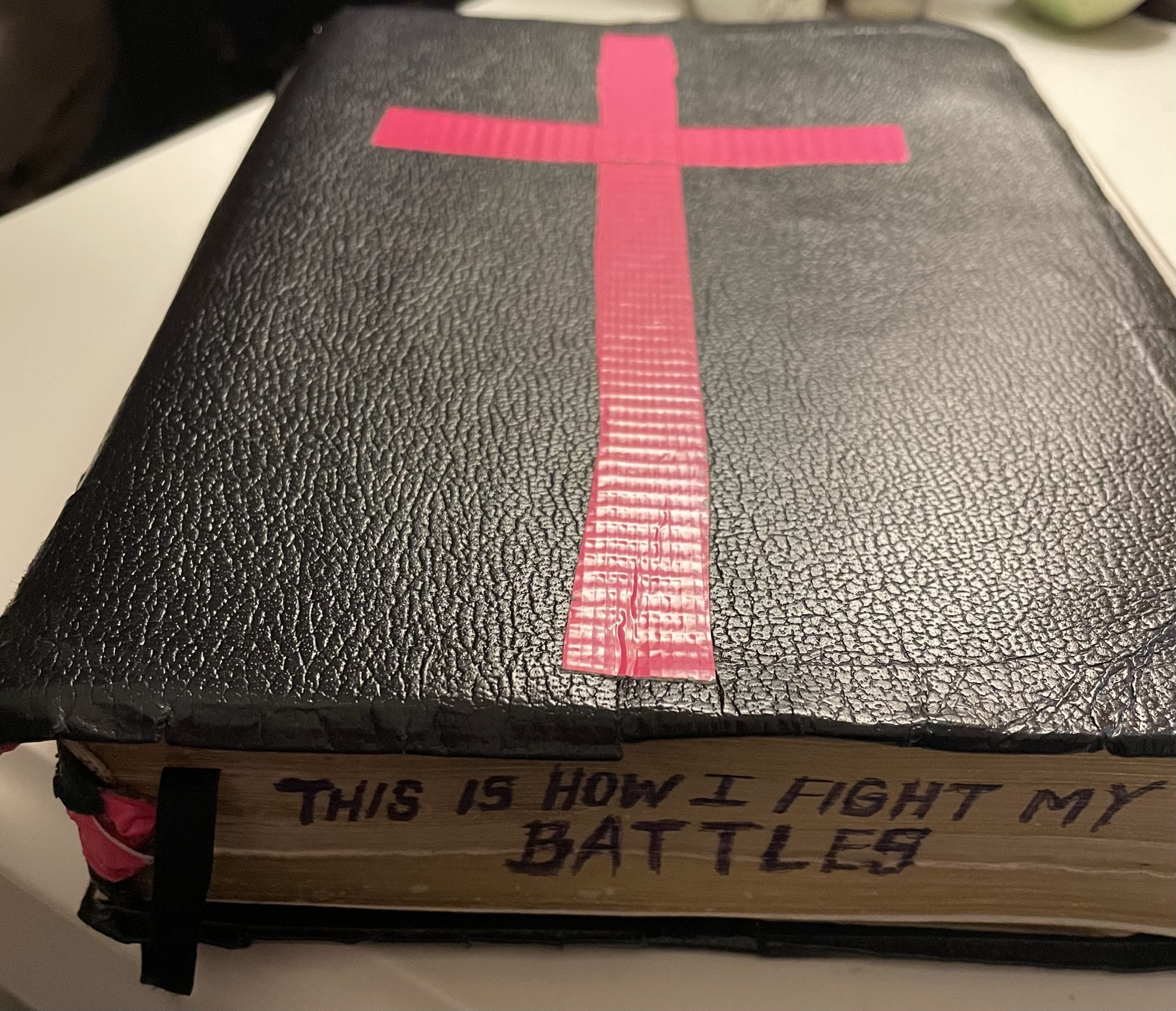It’s Monday. Monday sets the tone for the rest of the week. You can choose to view Mondays as one giant stumbling block, or you can tackle today in Jesus’ name. Where do we find Monday motivation?
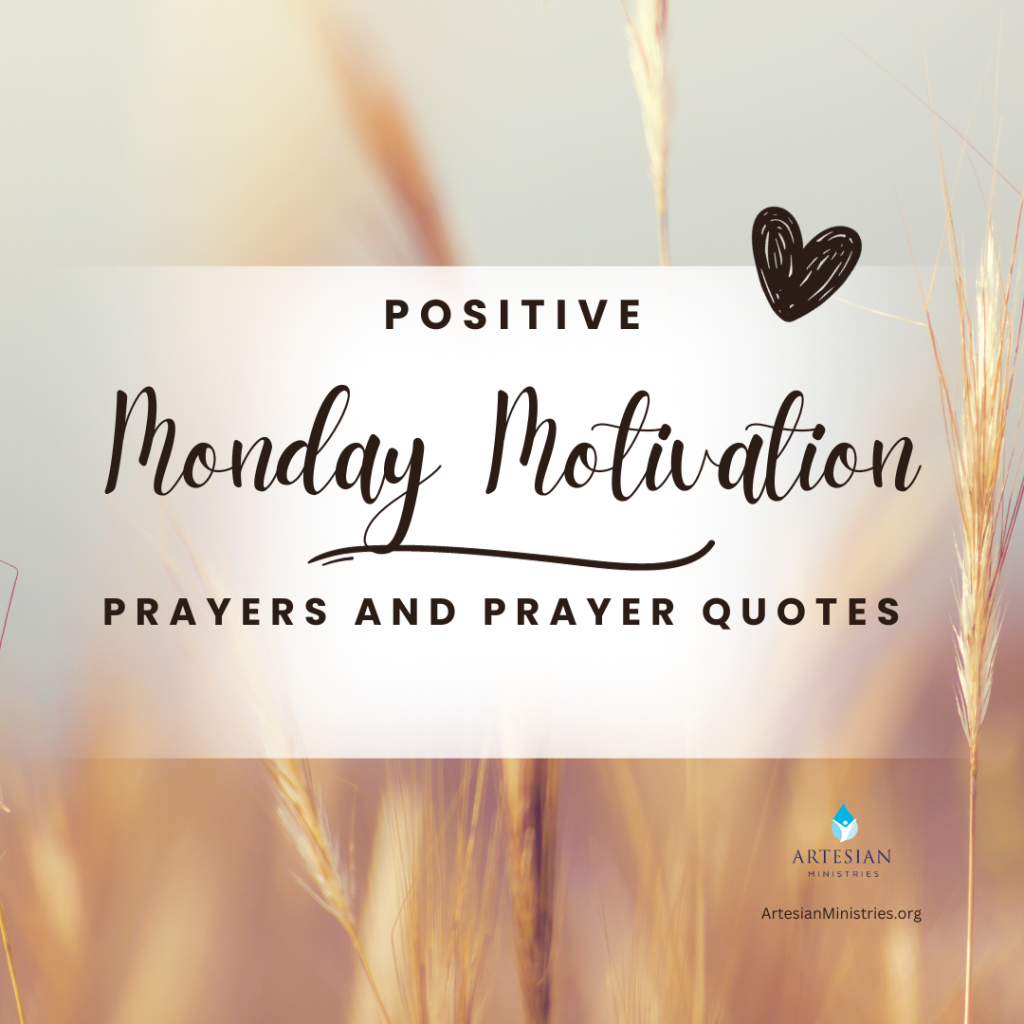
At some point, each of us struggles with facing Monday. The start of the week can be hard, especially if you start it already exhausted.
Here are some beautiful Monday morning prayers, blessings, and great Monday prayer quotes to start a lovely week.
Content
A kingdom perspective and a positive attitude are essential. Even if we view that upcoming business meeting as an evil plan of the devil. When we know we’ll flunk the test. Even if we know that surgery is on the agenda. Each new day is a stepping stone of God’s grace.

Monday Motivation Prayers
Entering Monday motivated by the Lord can provide a new opportunity for a great day. Here are prayers for the different challenges of today. May God bless you with a wonderful day!
For God’s Presence
His presence goes with us everywhere during every moment of every day. Ask Him to guide your steps in Jesus’ mighty name.
- Lord God, thank You for waking me up and giving me a new start today. I ask that You give me the eyes to see Your open doors as opportunities. I trust You to guide me in Your mighty strength.
- Heavenly Father, thank you for Your breath in my lungs this morning. I ask that You send me to just the right place today to be a blessing to others in Your name. Let them hear You in the words of my mouth to know that the best things come only from You.
- Lord Jesus Christ, hear the mediation of my heart this morning. I already know that this new work week will be a challenge. I ask that You faithfully provide Your presence as a fresh start for a fruitful day. Thank you, Lord, for a beautiful morning all because of Your love.

For Your Home
Distraction and disruption are the enemy’s most effective tools in spiritual warfare. Here is a free Prayer Journal you can download. When it comes to creating a loving, safe space for your family, rely on the Lord as your refuge and strength!
- Dear Friend and Lord, Mondays can be hectic in my home. I entrust my house today once again to Your divine protection. Show me throughout today ways to rest in Your loving arms to bring harmony, peace, and a very blessed day to my home.
- Father God, I am so thankful for Your steadfast love and mercy over my life. You have blessed me with a cozy home to cherish time with with family and friends. Let Your peace always reign in this space. That alone makes this a very happy Monday.
- Lord Jesus, Mondays always signal new beginnings in my mind. Thank you for fresh opportunities to praise You, know You, and shine Your light. I ask that You multiply this simple prayer of thanksgiving into a beautiful week.

For Your Health
When health issues arise, the meditation of my heart turns toward the Lord’s healing power. And if I am in good health, I thank my good God for that blessing every single day of the week, including Monday.
- Father, I am struggling with health issues today. I put my care in Your keeping to walk me through it. Let me see the work of Your hands as You bring relief, healing, and restoration to my body.
- Dear Lord, I confess that my health issues over this past week were challenging. But You have given me a new day, which means You still have a purpose for me. Show me how to make today a good day for Your glory.
- Heavenly Father, You know my health struggles. You know the purpose for them and what You will accomplish in my life despite them. I trust You. Comfort me and keep my focus on You.
- Lord Jesus, You have blessed me with excellent health. Do not let me take that blessing for granted. Show me ways this week to leverage that blessing to shine Your light.

For the Workplace
I worked in a large law firm for over three decades. Consequently, I fully understand the challenges and blessings of today’s hectic workplace.
- Father, Mondays are definitely challenging at work. Deadlines, catching up, keeping up, and being productive seem harder when I simply wanted to linger with You on Sunday. Thank you for providing this job to support my family and Your mission work. Keep my focus on You today, Lord.
- Dear Lord, as Monday gets underway please let me see this day through Your eyes. Show me opportunities to be kind and encouraging to provide my coworkers with a pleasant day. Thank you in advance for walking with me through every moment of this lovely day.
- Lord Jesus, thank you for the breath in my lungs to start a great week. I need an attitude adjustment this morning. Give me the eyes to see opportunities throughout today rather than only burdens. Shine Your light brightly in me and through me.

Monday Morning Prayer Quotes
I could offer you lots of happy Monday quotes that might make you feel good temporarily. But the greatest Monday blessings begin with focusing on the steadfast love, good things, and divine purpose of Almighty God from Scripture.
- “Give thanks to the Lord, for He is good, for His steadfast love endures forever” (Psalm 136:1).
- “But I say to you, love your enemies and pray for those who persecute you” (Matthew 5:44).
- “For I know the plans I have for you,” declares the LORD, “plans to prosper you and not to harm you, plans to give you hope and a future” (Jeremiah 29:11).
- “I know that you can do all things; no purpose of yours can be thwarted” (Job 42:2).
- “And we know that in all things God works for the good of those who love him, who have been called according to his purpose” (Romans 8:28).
- “For we are God’s handiwork, created in Christ Jesus to do good works, which God prepared in advance for us to do” (Ephesians 2:10).
- “But you are a chosen people, a royal priesthood, a holy nation, God’s special possession, that you may declare the praises of him who called you out of darkness into his wonderful light” (1 Peter 2:9).
- “Many are the plans in a person’s heart, but it is the LORD’s purpose that prevails” (Proverbs 19:21).

Monday Inspirational Quotes
Many gifted people through the centuries have penned and offered inspirational ideas that offer us food for thought on this first day of the week.
- “It is better to remain silent at the risk of being thought a fool, than to talk and remove all doubt of it.” ― Maurice Switze
- “Faith is not the belief that God will do what you want. It is the belief that God will do what is right.” ― Max Lucado
- “All I have seen teaches me to trust the Creator for all I have not seen.” ― Ralph Waldo Emerson
- “Sometimes God allows what he hates to accomplish what he loves.” ― Joni Eareckson Tada
- “To love means loving the unlovable. To forgive means pardoning the unpardonable. Faith means believing the unbelievable. Hope means hoping when everything seems hopeless.” ― G.K. Chesterton
- “This is what the past is for! Every experience God gives us, every person He puts in our lives is the perfect preparation for the future that only He can see.” ― Corrie Ten Boom
- “I have been driven many times upon my knees by the overwhelming conviction that I had nowhere else to go. My own wisdom and that of all about me seemed insufficient for that day.” ― Abraham Lincoln
- “Faith is about doing. You are how you act, not just how you believe.” ― Mitch Albom

Quotes About God
- “The Christian does not think God will love us because we are good, but that God will make us good because He loves us.” ― C.S. Lewis
- “Yesterday is history, tomorrow is a mystery, today is a gift of God, which is why we call it the present.” ― Bill Keane
- “Never be afraid to trust an unknown future to a known God.” ― Corrie ten Boom
- “I sought to hear the voice of God and climbed the topmost steeple, but God declared: “Go down again – I dwell among the people.” ― John Henry Newman
- “You can safely assume you’ve created God in your own image when it turns out that God hates all the same people you do.” ― Anne Lamott
- “The great thing to remember is that though our feelings come and go God’s love for us does not.” ― C.S. Lewis
- “Because God is never cruel, there is a reason for all things. We must know the pain of loss; because if we never knew it, we would have no compassion for others, and we would become monsters of self-regard, creatures of unalloyed self-interest. The terrible pain of loss teaches humility to our prideful kind, has the power to soften uncaring hearts, to make a better person of a good one.” ― Dean Koontz
- “Joy is the infallible sign of the presence of God.” ― Pierre Teilhard de Chardin

Quotes About Ourselves
- “If we find ourselves with a desire that nothing in this world can satisfy, the most probable explanation is that we were made for another world.” ― C.S. Lewis
- “The function of prayer is not to influence God, but rather to change the nature of the one who prays.” ― Soren Kierkegaard
- “Throughout life people will make you mad, disrespect you and treat you bad. Let God deal with the things they do, cause hate in your heart will consume you too.” ― Will Smith
- “Thou hast made us for thyself, O Lord, and our heart is restless until it finds its rest in thee.” ― Augustine of Hippo
- “Listen to God with a broken heart. He is not only the doctor who mends it, but also the father who wipes away the tears.” ― Criss Jami
- “What comes into our minds when we think about God is the most important thing about us.” ― A.W. Tozer

Purposeful Quotes
- “When one door of happiness closes, another opens; but often we look so long at the closed door that we do not see the one which has been opened for us.” ― Helen Keller
- “Live as if you were to die tomorrow. Learn as if you were to live forever.” ― Mahatma Gandhi
- “When I stand before God at the end of my life, I would hope that I would not have a single bit of talent left, and could say, ‘I used everything you gave me.” ― Erma Bombeck
- “What you are is God’s gift to you, what you become is your gift to God.” ― Hans Urs von Balthasar
- “Let us never forget to pray. God lives. He is near. He is real. He is not only aware of us but cares for us. He is our Father. He is accessible to all who will seek Him.” ― Gordon B. Hinckley
- “But God doesn’t call us to be comfortable. He calls us to trust Him so completely that we are unafraid to put ourselves in situations where we will be in trouble if He doesn’t come through.” ― Francis Chan
- “Relying on God has to begin all over again every day as if nothing had yet been done.” ― C.S. Lewis

Good Morning Prayers
We can think of these as good morning messages to Jesus. The best way to experience a blessed Monday is to focus on Him through the power of the Holy Spirit.
Prayers to Remove Obstacles
- Heavenly Father, You are my light and my salvation! Whom shall I fear? I ask that you tear down every obstacle and stronghold in my life. Clear my path to embrace the amazing things that You have in store for me today.
- Lord Jesus, Mondays can present unique obstacles. I pray that you remove every single one of them. Let worry fall away so that I can focus on You. Clear the right path, Lord!

Prayers for Your Work
- Dear Lord, walk faithfully beside me through this Monday morning. Show me Your divine purpose in each situation and the grace to respond with kindness.
- Father God, as I start this new week, lead me to walk it in faith and Your strength. Give me the eyes to see opportunities to encourage my coworkers and show them Your love.
- Dear Heavenly Father, You have blessed me with work today. Whether in an office building, my home, or my community, let me see my work as Your work. Let me see others as You see them – wholly and dearly loved. Bless the work of my hands today, Lord.
Your Loved Ones Need Prayers
- Lord, You have blessed me with many loved ones to cherish. I pray Your protection and guidance over each of them today. Give them a sound mind to love and serve You.
- Father, the plans of the devil are many, but none of them hold true power. Let Your power reign supreme in my loved ones’ lives today! Suit them up in Your armor to defeat every scheme of the devil.
- Dear God, You love those whom I love so much more than I do. You created them and have unique purposes for each of them. Let them know You more deeply, trust You more completely, and follow Your purposes wholeheartedly.

Prayers for Mental Health
- Father God, I need Your Holy Presence. Set my mind on You to bring peace and calm to my mind. Thank you for covering me with the precious blood of the Lamb.
- Lord Jesus, my mind is cluttered this morning. As I worship you, renew my mind, body, and soul. Lord, bring revival into my life for the glory of God.
- Gracious Lord, the temptations of this world cause storms in my mind. I ask that Your tranquility and peace reign over the noise. Strengthen me, Lord, and uphold me with Your righteous right hand.
Monday Morning Blessings
The most beautiful day (even a Monday) begins with counting your blessings. Reminding yourself of the grace of God and the great things He has blessed you with makes for a wonderful Monday morning.
- Father, thank you for the health, sound mind, and strength that You alone have given me. Thank you for Your unconditional love and grace to navigate each day. Even when I fail, You will never give up on me. Thank you, Lord!
- Lord Jesus, thank you for the beautiful nursery that You have provided to Your children. The sunlight, trees, flowers, and every good thing from nature soothe my soul and draw me closer to You. Thank you for the endless color, beauty, and life that we see blooming and growing in fields across the Earth. You have blessed me through Your creation!

Bottom Line
Beginning your morning with prayer before you leave the house is an act of worship. It is the deliberate communication with the One who loves you most.
God has your whole day in His hands. Spending time in prayer, devotion, and praise with a thankful heart leaves the past week behind you and sets up an amazing week ahead.
Related Posts:
- Best Bible Reading Plans
- Best Christian Prayer Room Ideas to Strengthen Your Faith
- 10 Powerful Prayers for Repentance and Restoration
- 12 Powerful Scriptures to Pray for Financial Breakthrough
About the Author
Donna is a sought-after author, speaker, and Bible teacher. Her path from being unchurched to becoming passionate about sharing Jesus was not easy. Read her God-breathed journey: “From Unchurched to Becoming a Multi-Published Author and Sought-After Speaker.” If you want to send Donna a quick message, then visit her here.
{Some of these links are affiliate links. This means if you make a purchase through that link, the ministry may receive a small commission at no extra cost to you. Thank you for your support!}


